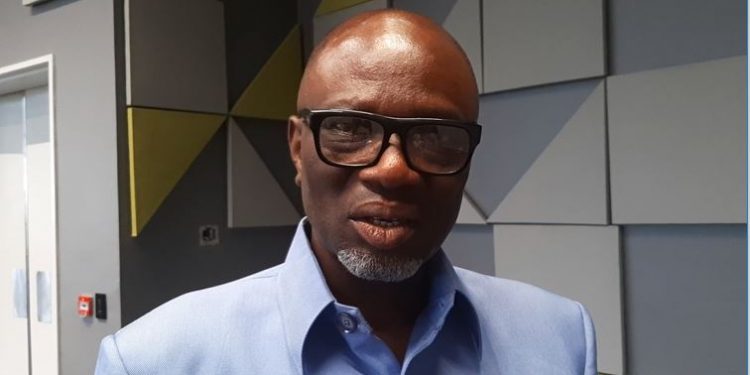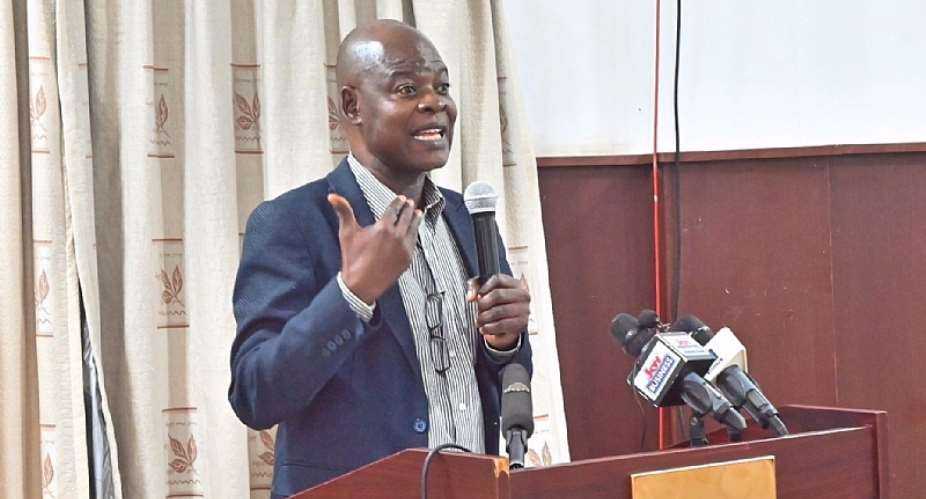
Picture this: It’s 2035, and the African Union is hosting its annual summit. The leaders gather—sharp suits, colorful kente stoles, gele tied high, and shoes polished enough to blind a cameraman. The speeches begin.
Leader A takes the stage and drones: “Our macroeconomic indicators remain resilient despite volatile fiscal headwinds…” Cue snoring.
Leader B rises and says: “When I was a boy walking barefoot to school, I dreamed of an Africa where no child would miss class because of hunger. Today, we are closer to that dream.”
The hall erupts. Why? Because the future belongs to storytellers.
Why storytelling is Africa’s superpower
We Africans have never lacked stories. From griots in Mali to folktales told under the moonlight in villages across Ghana, Nigeria, Kenya, and beyond, storytelling is in our DNA. We’ve used it to teach values, transmit history, and yes—convince children to stop playing and go to bed. (“If you whistle at night, the spirits will carry you away!”)
But in today’s world, storytelling is no longer just about bedtime tales. It’s the most powerful leadership tool. Leaders who master it will inspire movements, close deals, and change nations. Those who don’t? Well, they’ll be remembered only as footnotes in policy documents no one reads.
Facts tell. Stories sell.
Let’s be honest: no one is motivated by a PowerPoint chart that looks like spaghetti. People don’t rally behind bar graphs; they rally behind narratives.
Think of Nelson Mandela. He didn’t just talk about ending apartheid; he told the story of forgiveness, of a man who walked out of prison without bitterness. Or Wangari Maathai, who used the story of planting one tree at a time to spark a global environmental movement.
Numbers may impress, but stories move hearts. And hearts are what get people to act.
Why words will outrun wealth
In the future, it won’t be the person with the biggest bank account who inspires Africa—it will be the one who can make us see possibility with words.
Imagine two startup founders in Nairobi pitching investors. One says: “Our AI-driven blockchain-enabled solution leverages synergies across…” (you’ve already stopped listening).
The other says: “Farmers in rural Kenya lose 40% of their crops because they can’t reach markets. We built a platform that connects them directly to buyers. Meet Grace, a widow whose income tripled last season.”
Guess who gets the funding? Exactly.
Storytelling as a leadership currency
Tomorrow’s African leaders won’t just need technical skills—they’ll need narrative skills. Whether in politics, business, or social impact, the leaders who thrive will be those who can:
- Paint a picture of the future. Not “GDP growth of 6.3%,” but “a future where every African child has Wi-Fi and water.”
- Humanize big issues. Not “climate crisis,” but “farmers in Malawi struggling because the rains don’t come.”
- Connect across cultures. A story told in Nairobi should resonate in Lagos, Dakar, and Cape Town.
Storytelling is the bridge that turns policies into movements, startups into brands, and leaders into legends.
How to sharpen your storytelling sword
Don’t worry, you don’t need to become a stand-up comedian or an Oscar-winning actor. You just need to practice. Here’s how:
- Collect stories – From your life, your work, your people. That “power cut during your Zoom call with New York” story? Gold.
- Keep it simple – If your grandmother in the village can’t understand it, rewrite it.
- Practice delivery – Stories are about timing, tone, and pause. Don’t rush. Let the audience savor.
- Make it about others – The best stories don’t spotlight you—they spotlight the people you serve.
Final word
Africa’s next leaders will not just be policymakers, CEOs, or presidents. They will be storytellers. They will inspire us not with jargon but with visions we can see, feel, and believe in.
Because here’s the truth: long after the statistics fade, it’s the story that remains.
So, whether you’re leading a team in Kampala, pitching investors in Johannesburg, or addressing a crowd in Accra, remember: your story is your superpower. Use it.
The future belongs to storytellers. Will you be one of them?
>>> Kafui Dey helps business leaders to communicate better. For one-to-one coaching, call 233 240 299 122
The post On Cue with Kafui Dey: The future belongs to storytellers: How Africa’s next leaders will inspire with words appeared first on The Business & Financial Times.
Read Full Story

















Facebook
Twitter
Pinterest
Instagram
Google+
YouTube
LinkedIn
RSS